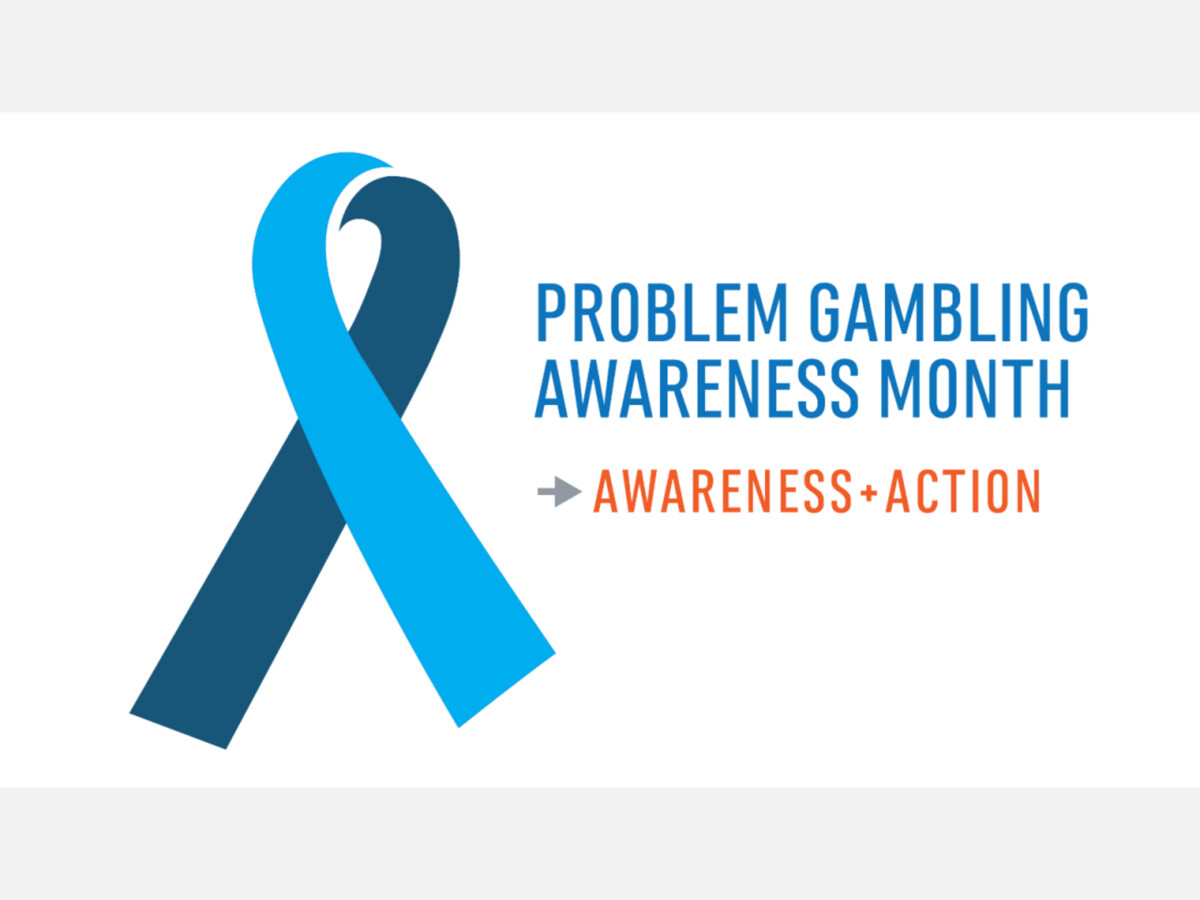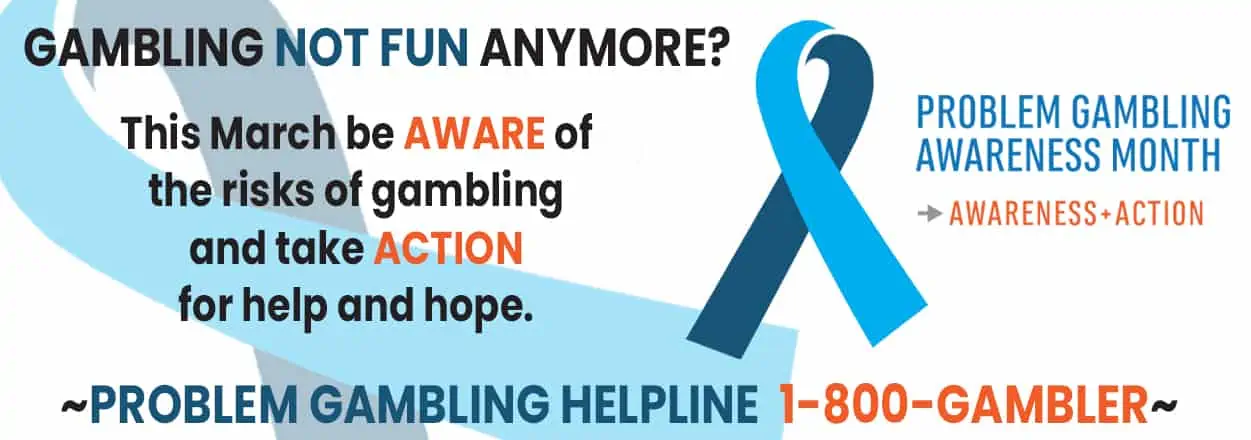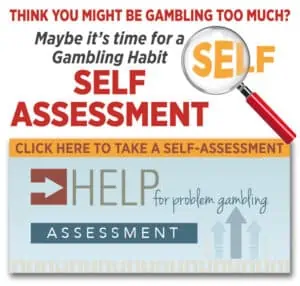Image

NCPG welcomes this year's Problem Gambling Awareness Month in the US
Throughout March, the National Council on Problem Gambling (NCPG) is leading the annual observance of Problem Gambling Awareness Month (PGAM) with the theme ‘Every Story Matters.’
This nationwide campaign aims to shed light on the issue of problem gambling and promote prevention, treatment and recovery services.
Problem gambling affects approximately 9 million American adults, resulting in an estimated national social cost of $14bn annually. Despite its prevalence, there is currently no federal agency specifically tasked with addressing problem gambling and federal funding for related treatment and research is lacking.
Keith Whyte, NCPG Executive Director, said: "Problem gambling is a clear and growing public health risk, affecting millions of individuals and their loved ones. Yet our research indicates that fewer than 50% of Americans know where to get help for a gambling problem.
"By increasing awareness and fostering an open dialogue about problem gambling, we can work to reduce the stigma surrounding gambling addiction and promote the resources available for treatment and recovery."
Problem Gambling Awareness Month brings together various stakeholders, including NCPG State Affiliates, public health organisations, advocacy groups, professional sports leagues and gambling operators. These entities collaborate to organise events, workshops and awareness campaigns aimed at promoting awareness of problem gambling prevention, treatment and recovery services to diverse audiences.
The theme for PGAM 2024, 'Every Story Matters,’ aims to focus on the significance of individual experiences related to problem gambling. By sharing personal narratives and raising awareness about the available resources for support and treatment, the campaign seeks to reduce stigma and encourage individuals to seek help.
In December 2023, NCPG partnered with SG:certified to support the evaluation process of the Internet Compliance Assessment Program (iCAP), enhancing player protection in online gambling.
Additionally, NCPG awarded Fall 2023 Agility Grants totalling $176,000 to five non-profit organisations, furthering prevention and mitigation efforts across the US.

Each March, the Center actively promotes Problem Gambling Awareness Month, a grassroots public awareness and outreach campaign established by the National Council on Problem Gambling to educate the general public and healthcare professionals about the warning signs of problem gambling and raise awareness about the help and resources available.
For HelpseekersFor Health Care Professionals

Be AWARE of the risks of gambling.
For most, gambling can be fun. But for some, gambling can get out of control. Signs of a gambling problem:
Call or text 1-800-GAMBLER (1-800-426-2537) or chat with us at helpmygamblingproblem.org.